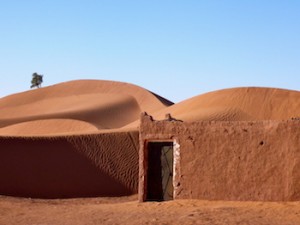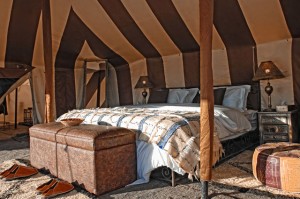Morocco’s Great Deserts, Your Morocco Tour Guide
May 1st, 2015
Although, compared to neighbouring Algeria, Morocco has only a fraction of the Great Sahara Desert within its territory, yet Morocco offers the safest and best-organized access to the Sahara of the whole of North Africa. Whether you want a quick glimpse of…



